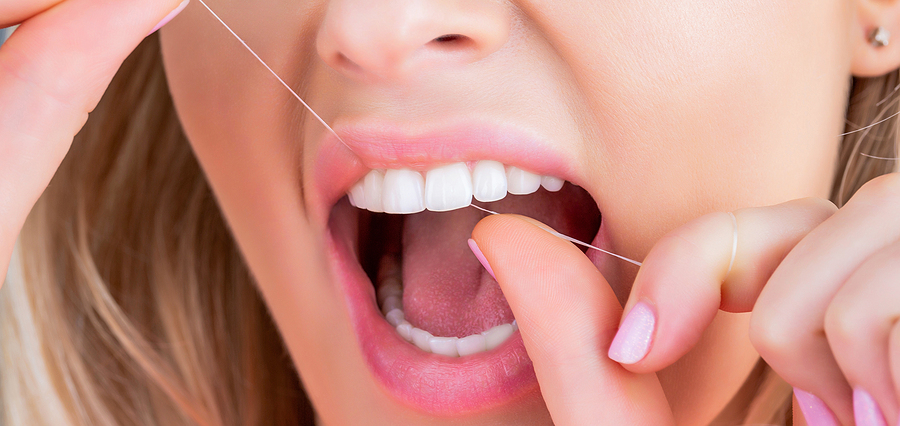How Can Stress Affect Your Oral Health?
Stress can negatively affect every aspect of your health, including your oral health. Stress can lead to a number of oral health problems. When it comes to your oral and overall health, stress plays a major role. Stress can wear down your immune system and make you more susceptible to infections that can result in gum disease like gingivitis. During periods of high stress, your mouth can feel dry and trigger mouth sores.
How Stress Impacts Your Oral and Overall Health
Many of us feel stressed over issues at work or at home. This can affect our oral health in a number of ways, including increased decay rates, dry mouth, and even tooth loss. Here are some of the ways stress affects your smile, as well as how it can impact your overall health.
Tooth Decay: When we’re anxious or stressed, we typically don’t brush as thoroughly as we normally do. As a result, plaque builds up more quicker on your teeth. The bacteria in plaque feed on the sugars within food particles left behind on your teeth and gums to produce acids, which will eat away at your tooth enamel and cause cavities if you don’t brush and floss properly.
Dry Mouth: Saliva plays many important roles in the body, one of which is to wash away bacteria and leftover food and acid in the mouth after eating. When you’re under a lot of stress, your body will produce less saliva because cortisol – the stress hormone - suppresses the glands that produce saliva. This can lead to bad breath, tooth decay, and gum disease.
Gum Disease: The same way that stress causes dry mouth, it can also contribute to gum inflammation, a condition known as gingivitis. If left untreated, it can potentially develop into periodontitis, a more serious form of gum disease that can result in permanent tooth loss.
Jaw Pain: If you tend to clench or grind your teeth when you’re feeling stressed, you could actually be causing damage to your oral health. That’s because teeth grinding places a lot of pressure on your jaw joint, which can cause severe pain or lead to temporomandibular disorder (TMD). TMD can cause chronic headaches, lockjaw, pain in the muscles behind the eyes, and many other symptoms.
Managing Stress to Improve Your Oral Health
Here are some suggestions for managing stress and improving your oral health at the same time:
- Practice good oral hygiene habits. Brushing twice daily, flossing daily, and seeing your dentist for regular cleanings and checkups are all important parts of any oral hygiene routine. When your mouth is clean, bacteria are less likely to grow between teeth and cause inflammation that can lead to gum disease. You may also benefit from using a fluoride rinse after brushing to help promote healthy teeth.
- Eat healthy foods. Eating a diet full of fresh fruits and vegetables along with lean proteins can help to increase your overall health as well as keep your teeth clean and white. Try to avoid foods high in sugar, which can promote bacterial growth that increases your risk for tooth decay.
- Find someone to talk to about your problems. A licensed counselor can help you find ways to cope with stress and work through your emotions in a healthy way, and there may be support groups available in your area that can help as well. There’s no shame in talking to a doctor, mental health professional, or other professional about your feelings if you feel like you need help.
Visit Brighter Day Dental, 1950 Market Street, Suite D, Concord, CA 94520, to learn more about taking care of your oral health. Contact us at (925) 356-2828 or visit our website to schedule an appointment.




0 comments